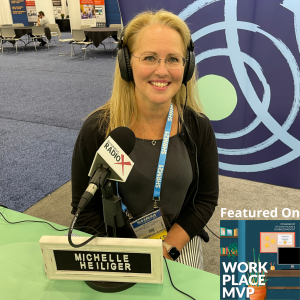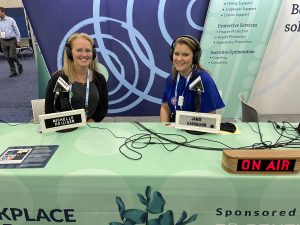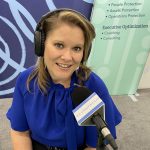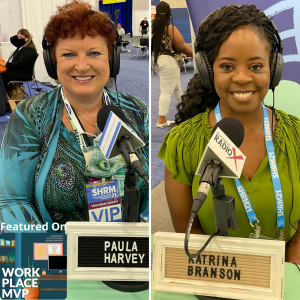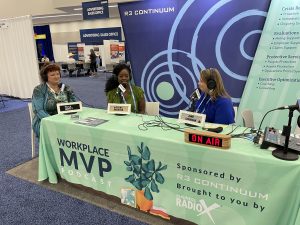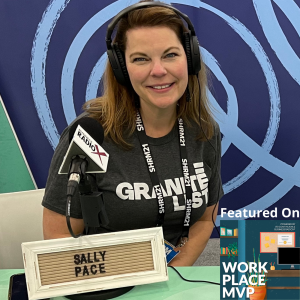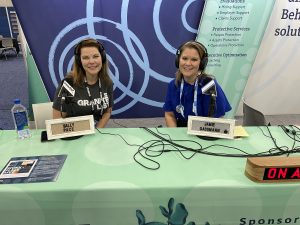
LGE Community Credit Union: Linda Coyle, Lori Kee, and Jason Perez (North Fulton Business Radio, Episode 395)
State-of-the-art branches and superior customer service are two of the ways LGE Community Credit Union sets itself apart. Linda Coyle, Business Development Manager, Lori Kee, Manager of the Roswell Branch, and Jason Perez, Manager of the Alpharetta branch, were in the studio with host John Ray to discuss the unique benefits of banking with LGE, the services they offer, and much more. North Fulton Business Radio is broadcast from the North Fulton studio of Business RadioX® inside Renasant Bank in Alpharetta.
LGE Community Credit Union
In 1951, seven Lockheed Georgia employees dreamed of a better way to bank and LGE Community Credit Union was born.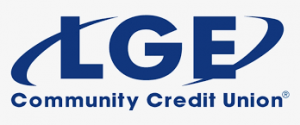
Today they serve communities in Northwest Georgia as a not-for-profit financial institution. Unlike a bank, whose profits go to its shareholders, its profits go to its members in the form of better rates and lower fees. They are guided by a strong commitment to providing a better financial future for their members.
Everyone who lives or works in Bartow, Cherokee, Cobb, Fulton, and Paulding counties is eligible to apply for membership, as are employees of many companies. Family members of existing members are also eligible.
They are a not-for-profit, member-owned financial institution with a strong commitment to the local community. LGE is governed by a volunteer board of directors who are also members of the credit union.
- Linda Coyle- Business Development Officer
- Lori Kee- Roswell branch manager – 1010 Mansell Road, Suite 100-110, Roswell, GA 30076
- Jason Perez- Alpharetta branch manager – 2855 Old Milton Parkway, Suite 104 Alpharetta, GA 30009
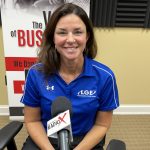
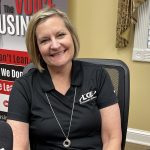
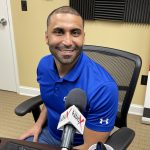
Questions and Topics
- What is the difference between a credit union and a bank?
- If I came into your branch today, what would the experience be like?
- Highlight some of your most popular products.
- Are there additional services provided by LGE other than the traditional banking products?
- How does LGE partner with businesses in our area?
- How is LGE involved in the North Fulton Community?
- How can I join LGE?
North Fulton Business Radio is hosted by John Ray and broadcast and produced from the North Fulton studio of Business RadioX® inside Renasant Bank in Alpharetta. You can find the full archive of shows by following this link. The show is available on all the major podcast apps, including Apple Podcasts, Spotify, Google, Amazon, iHeart Radio, Stitcher, TuneIn, and others.

Renasant Bank has humble roots, starting in 1904 as a $100,000 bank in a Lee County, Mississippi, bakery. Since then, Renasant has grown to become one of the Southeast’s strongest financial institutions with over $13 billion in assets and more than 190 banking, lending, wealth management and financial services offices in Mississippi, Alabama, Tennessee, Georgia and Florida. All of Renasant’s success stems from each of their banker’s commitment to investing in their communities as a way of better understanding the people they serve. At Renasant Bank, they understand you because they work and live alongside you every day.
 Special thanks to A&S Culinary Concepts for their support of this edition of North Fulton Business Radio. A&S Culinary Concepts, based in Johns Creek, is an award-winning culinary studio, celebrated for corporate catering, corporate team building, Big Green Egg Boot Camps, and private group events. They also provide oven-ready, cooked from scratch meals to go they call “Let Us Cook for You.” To see their menus and events, go to their website or call 678-336-9196.
Special thanks to A&S Culinary Concepts for their support of this edition of North Fulton Business Radio. A&S Culinary Concepts, based in Johns Creek, is an award-winning culinary studio, celebrated for corporate catering, corporate team building, Big Green Egg Boot Camps, and private group events. They also provide oven-ready, cooked from scratch meals to go they call “Let Us Cook for You.” To see their menus and events, go to their website or call 678-336-9196.
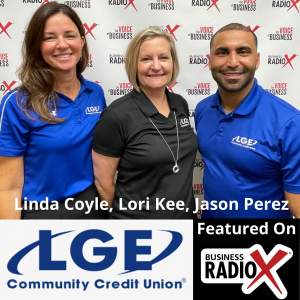

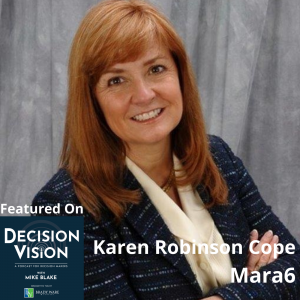 Decision Vision Episode 137: Should I Form a Company Advisory Board? – An Interview with Karen Robinson Cope, Mara6
Decision Vision Episode 137: Should I Form a Company Advisory Board? – An Interview with Karen Robinson Cope, Mara6


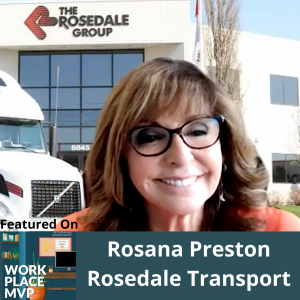
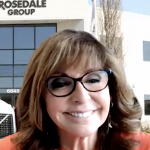
 In addition to serving as the host to the Workplace MVP podcast,
In addition to serving as the host to the Workplace MVP podcast, 
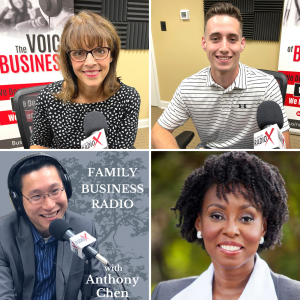
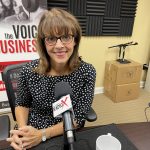


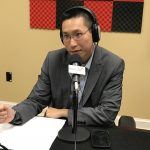

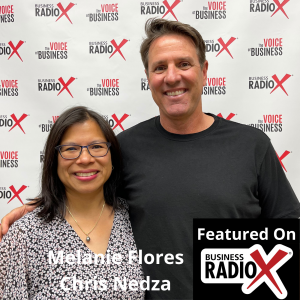 Melanie Flores and Chris Nedza, Symtrain (North Fulton Business Radio, Episode 394)
Melanie Flores and Chris Nedza, Symtrain (North Fulton Business Radio, Episode 394)
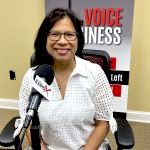
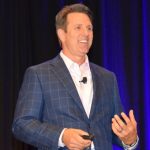

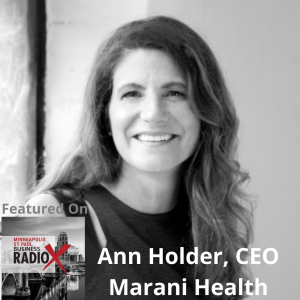 Ann Holder, Marani Health (Minneapolis-St. Paul Business Radio, Episode 20)
Ann Holder, Marani Health (Minneapolis-St. Paul Business Radio, Episode 20)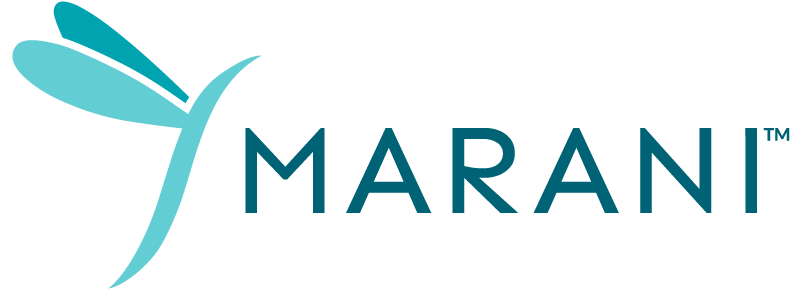 Marani is dedicated to improving the experience & outcomes of mothers & their babies by improving access to care and empower expectant mothers & providers with insights into each individual pregnancy.
Marani is dedicated to improving the experience & outcomes of mothers & their babies by improving access to care and empower expectant mothers & providers with insights into each individual pregnancy.

